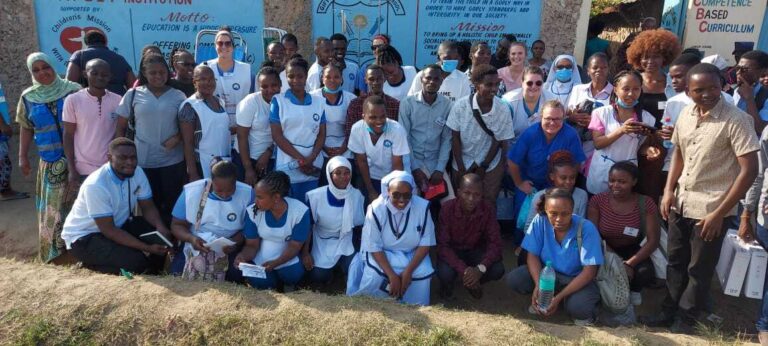ZPG solution: back to the past
In a recent edition of The ZPG Reporter,1 the bimonthly publication of Zero Population Growth, a guest editorial by ZPG board member Mike Hanauer proposed a preposterous solution to the alleged problems of “overpopulation” in the United States.
Hanauer, who cited no supporting evidence whatever, claimed that “Scientific consensus is that US population is now at about double a sustainable level.” One obvious solution to this situation would be to reduce US consumption levels, which, Hanauer remarks, are many times greater than those found in Third World countries. According to Hanauer, “most Third World consumption levels are between 5 and 0.5 percent of [the United States].” But this vast difference is “not because [Third World] people recycle, use little plastic or don’t drive a turbo charged car — it is because they have no car, no central heat, no refrigerator and maybe no house at all.”
These basic items, which most citizens in the developed world believe every human being should have, make up most of the consumption differences between the haves and the have nots. Indeed, Hanauer argued, “even if every effort were made to cut “frill consumption,” these basics would still have us out-consuming a Third World citizen by a factor of five to fifty.”
Thus, Hanauer argues, “Reducing consumption [in the U.S.] without bringing it to Third World levels will do little to lower our impact [on the earth]” [emphasis added].
So, shape up, you overconsuming, overpolluting and overpopulating Americans. It’s back to the horse-drawn wagon, the ox cart, the mud hut, and the spinning wheel for you! (For a detailed refutation of Hanauer’s claims sees “Do first worlders consume too much?” on page 5 of this issue.)
Cousteau: the “Humanitarian”
Following the 25 June death of the Famed French oceanographer and ecologist Jacques Cousteau, a world-wide outpouring of praise occurred that literally sanctified the late scientist as a great humanitarian, but ignored his ugly obsession with “overpopulation.”
In an interview which appeared in the November 1991 Unesco Courier, Cousteau candidly hared his brand of humanitarianism and his anxiety about world population growth, which he viewed as the greatest problem facing mankind:
“Our society is turning toward more and more needless consumption. It is a vicious circle that I compare to cancer…Should we eliminate suffering, diseases? The idea is beautiful, but perhaps not a benefit for the long term. We should not allow our dread of diseases to endanger the future of our species.
This is a terrible thing to say. In order to stabilize world population we must eliminate 350,000 people per day. It is a horrible thing to say, but it is just as bad not to say it” (emphasis added).
Record 1996 harvest boosted again
The past issue of PRI Review had no sooner gone off to the printer when the latest US Department of Agriculture reports on the 1996–97 world grain harvest were released,2 further boosting the crop production figures above the record numbers previously reported.3
The new statistics indicate that the 1996–97 world’s grain harvests totaled to more than 1.865 billion metric tons, an increase of some 15 million metric tons (MMT) over the earlier figure reported in the July/August edition of this Review. The world’s record rice production was boosted to just over 381 MMT (milled basis); world wheat production was raised to 583 MMT — the 2nd largest wheat harvest ever, just 5 MMT behind the 1990 record — and the record coarse grain harvest was set at more than 901 MMT.
The 1996–97 record crop production was not only the first time in history that the world’s grain harvests had ever exceeded 1.8 billion tons, but it smashed the old 1992 grain production record of 1.786 MMT by nearly 80 MMT.
And what about that perennial food production doomsayer Lester Brown? In the very week that the US Department of Agriculture was releasing the latest good news about world crop production, Brown was holding a press conference at which he discussed his latest World Watch report questioning the earth’s ability to grow enough food to feed all its people!4






